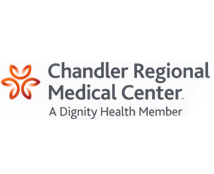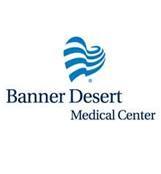Shortness of Breath
What is shortness of breath?
Shortness of breath is the sensation that you are not getting enough air.
What are the common symptoms of shortness of breath?
Different people experience shortness of breath in different ways. Most often they report a severe tightness in their chest or the sensation that they are suffocating. You may experience shortness of breath only one time or suffer from episodes which reoccur so often they become a constant problem.
What causes shortness of breath?
Very strenuous or unaccustomed exercise, very high or very low temperatures, and higher elevations can bring on shortness of breath. Frequently, new occurrences of shortness of breath can be an indication of a medical problem. The majority of cases are caused by lung or heart conditions. Delivering oxygen to and eliminating carbon dioxide from your tissues are two vital functions performed by your heart and lungs. Difficulties with both of these affect your ability to breathe.
A variety of environmental factors and health conditions – being overweight, for example — can influence your ability to breathe. Lung problems associated with shortness of breath include: asthma; bronchitis; croup (particularly in children); emphysema; histoplasmosis; hyperventilation; interstitial lung disease; pleural effusion; pleurisy; COPD (often related to smoking); pneumonia; pneumothorax; pulmonary edema; pulmonary embolism; pulmonary fibrosis; pulmonary hypertension; sarcoidosis; tuberculosis, and lung cancer.
Heart problems associated with shortness of breath include: heart arrhythmias; heart attack; heart failure; pericarditis; and cardiomyopathy.
Other problems may include: acute kidney failure; anaphylaxis; anemia; broken ribs; epiglottises; generalized anxiety disorder; Guillain-Barre syndrome; insufficient or unusually vigorous exercise; obesity; myasthenia gravis; neuromuscular disorders; panic attacks/disorder; pregnancy; and tonsillitis.
How is shortness of breath treated?
When you are experiencing a high fever, a rapid heart rate and chills, shortness of breath may be evidence of a life-threatening medical condition. Your doctor will recommend treatment that is suitable for your specific situation. Shortness of breath can be improved if you limit your smoking. There is a direct connection between smoking and shortness of breath. By damaging your lungs, smoking may intensify your shortness of breath and encourage related diseases.
What should I do if I experience shortness of breath?
You should call 911 or get someone to take you to the emergency room if severe shortness of breath occurs suddenly and inhibits your ability to function. If your shortness of breath is accompanied by nausea, chest pain, fainting (syncope) or nausea, seek emergency medical assistance immediately because they might be indications of a pulmonary embolism or a heart attack. Be sure to tell you doctor if you notice: worsening shortness of breath; high fever; wheezing; swelling in your feet and ankles; chills and cough; or shortness of breath when you lie flat.











